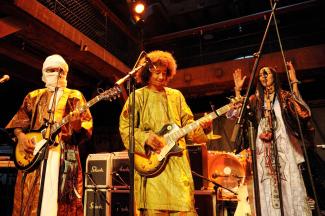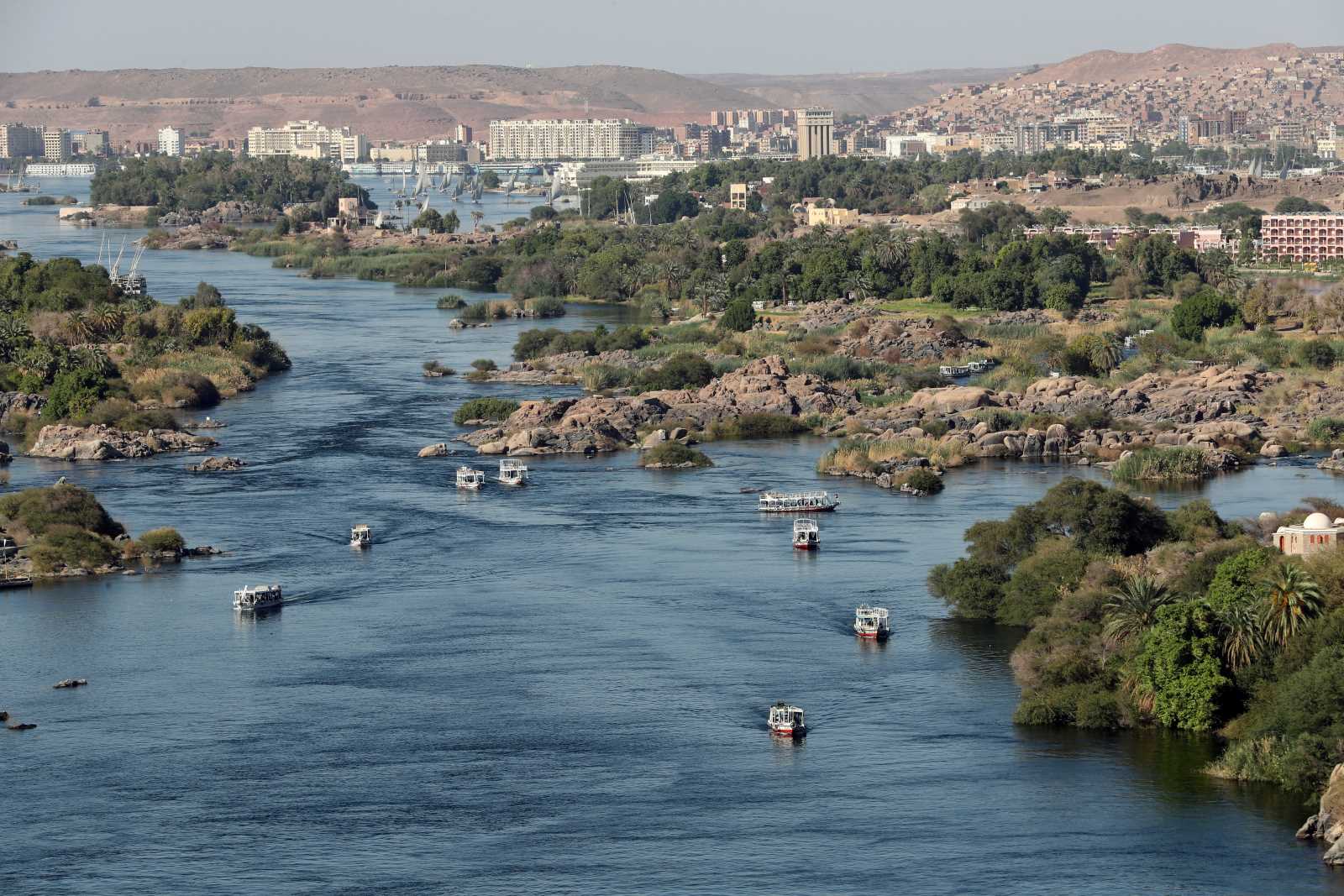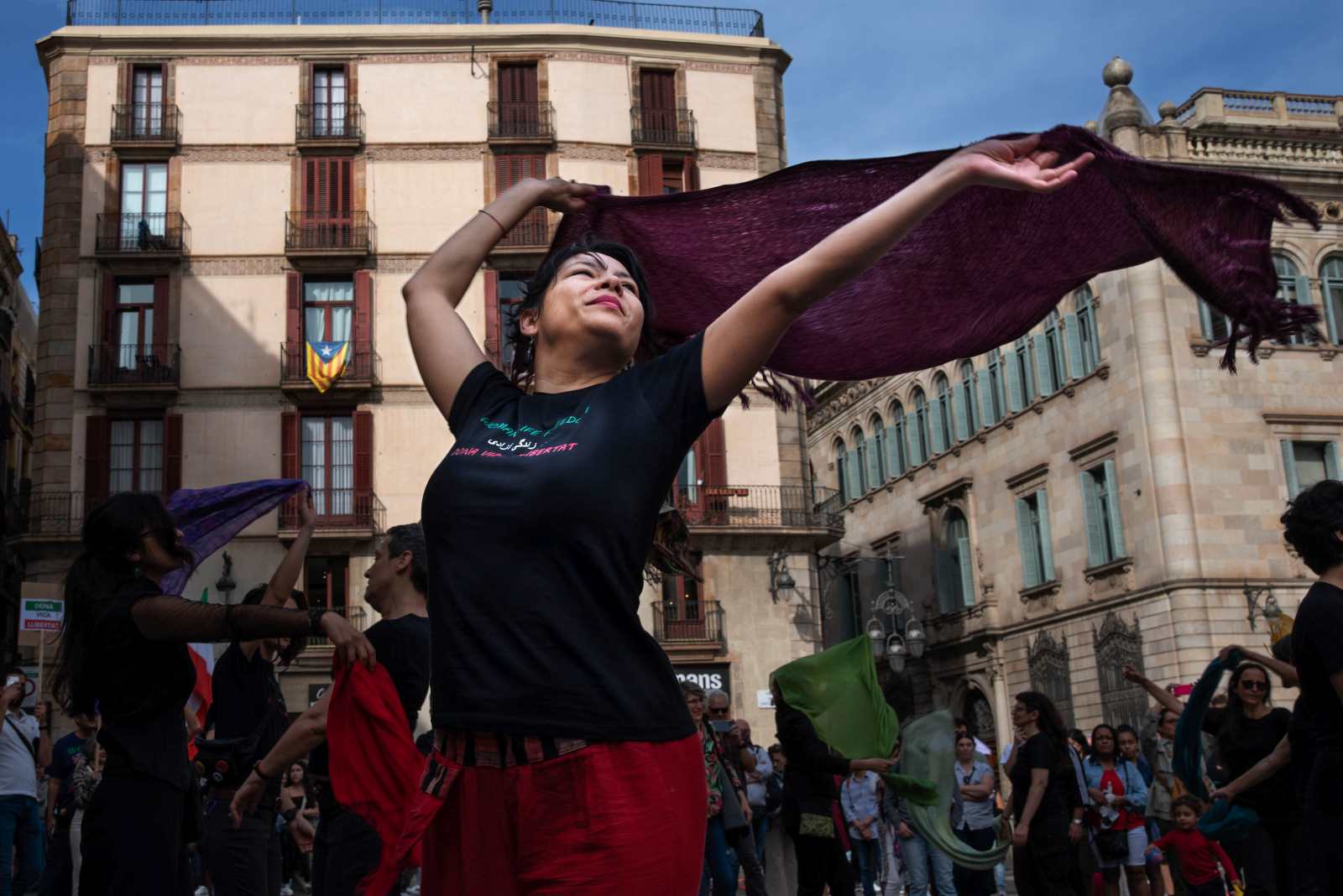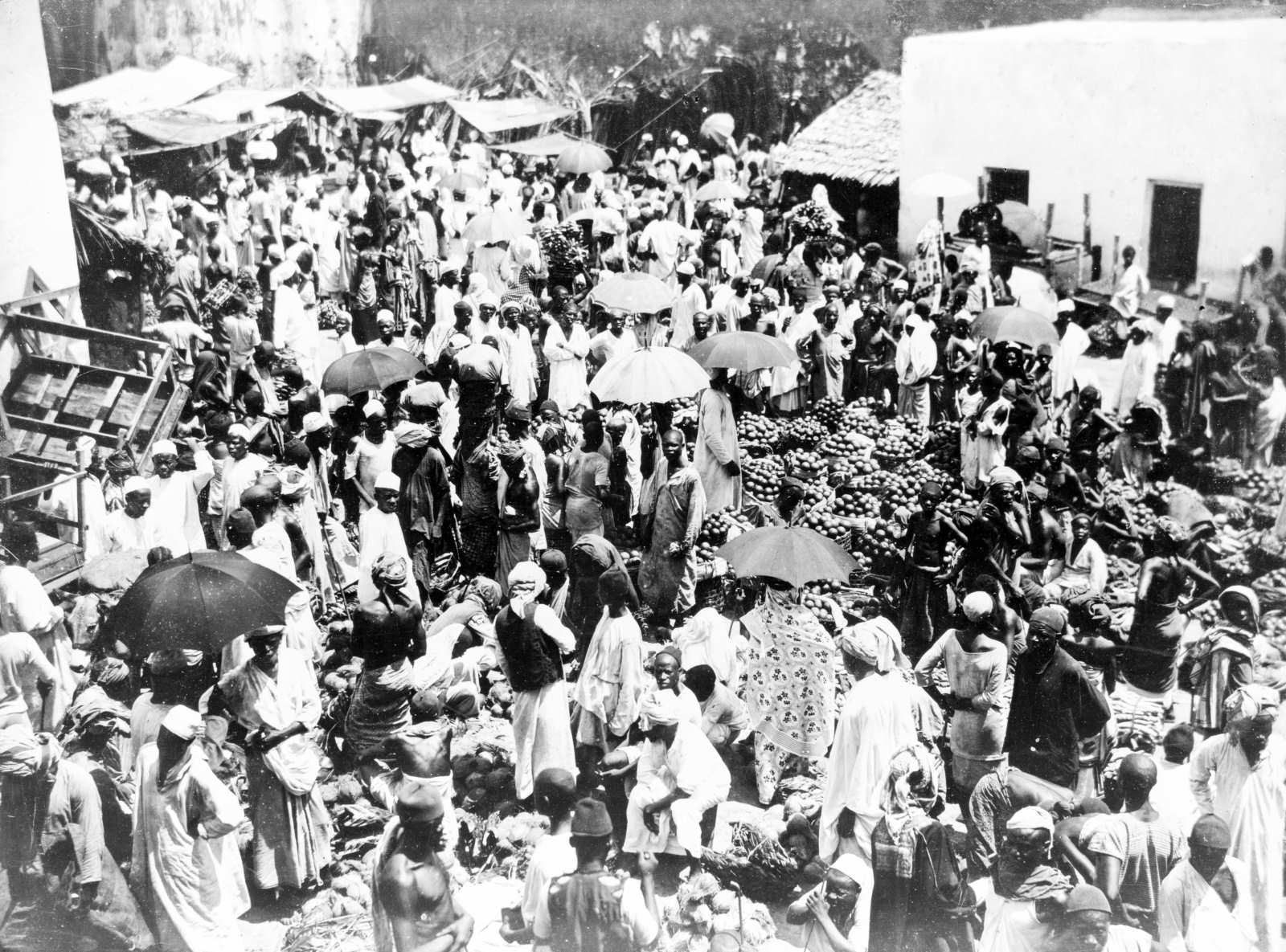Music
The desert alliance

“Tamikrest” – meaning “junction” or “alliance” in the Tuareg language Tamasheq – was founded in 2006 by songwriter, band leader and spokesman Ousmane Ag Mossa and a group of friends in the desert town of Kidal in northern Mali. For years, there had been frequent fighting between Tuareg rebels and the Malian government, and in 2012 it culminated in the rebels declaring independence for the region of Azawad. What ensued was a multi-layered conflict involving numerous actors. The independent state, initially declared to be secular, ultimately collapsed due to the intervention of Islamist groups in Azawad.
The history of the Tuareg is defined by the struggle to be recognised as a free people. The community continues to be oppressed today, particularly by the governments of Niger and Mali. Increasingly, attempts are made to link the Tuareg to global jihad, the armed struggle for the spread of Islam, although their fight for freedom is at least 30 years older than groups like al-Qaeda. The conflict between Tuareg rebels and Mali’s army flared up again just last year.
Music, not military force
The band members’ childhood and youth were marked and marred by the fighting. Many lost family members. The creation of Tamikrest signalled a decision not to take up arms but to stand up for the Tuareg through music instead.
In an interview with The Guardian newspaper, Mossa said that he had actually wanted to become a lawyer – an advocate for his community – but that becoming a musician was ultimately the same thing.
That perception is reflected in the themes of Tamikrest’s songs. They are wake-up calls to the Tuareg community, calls for them to unite and determine their own future. But they also deal with loss and homesickness, while at the same time extoling the beauty of their homeland, the Sahara.
Tamikrest have frequently taken their music to Europe, where they have collaborated with many artists. The band now also has French members.
The suffering of my sisters
One subject occupies Tamikrest so much that an entire album is devoted to it. “Chatma” (“Sisters”) is the third of six published albums – and the band’s most powerful piece of work to date. The songs are inspired by the “courage of the Tuareg women, who have ensured both their children’s survival and the morals of their fathers and brothers”.
It is the women who fought for their families in the Saharan refugee camps after large numbers of Tuareg had to flee from northern Mali and other regions. But it is also the women who suffer most under the strict Sharia law that Islamist groups have now enforced in Azawad.
The opening track “Tisnant an Chatma” (“The Suffering of My Sisters”) describes their ordeals in proud but bitter poetry: “Who can estimate the suffering felt by the soul / one who sees her sisters exhausted from waiting / one who sees her sisters exhausted from waiting between countries, in deep distress / and daily oppression?”
Prominently featured throughout the album is the haunting voice of female vocalist Wonou Walet Sidati, singing in tandem with Mossa against an instrumental backdrop of electric and acoustic guitars, djembe and percussion.
The members of Tamikrest fuse rock music with elements of Tuareg musical tradition. In this, they follow their role models Tinariwen, a Tuareg band that pioneered the “desert blues” style back in the 1980s. But they have developed their own, more modern sound – unmistakable in songs such as “Imanin bas zihoun” or “Djanegh etoumast”, where driving electric guitars clash with the image of a peaceful, vast Sahara.
“Tamikrest” can also mean ”crossroads” or “future”. Mossa said in The Guardian that his music was founded on a very precise cause – the Tuareg’s – and that the dream of independence for his people is uncompromising.
Katharina Wilhelm Otieno is an editor at D+C/E+Z.
euz.editor@dandc.eu
















